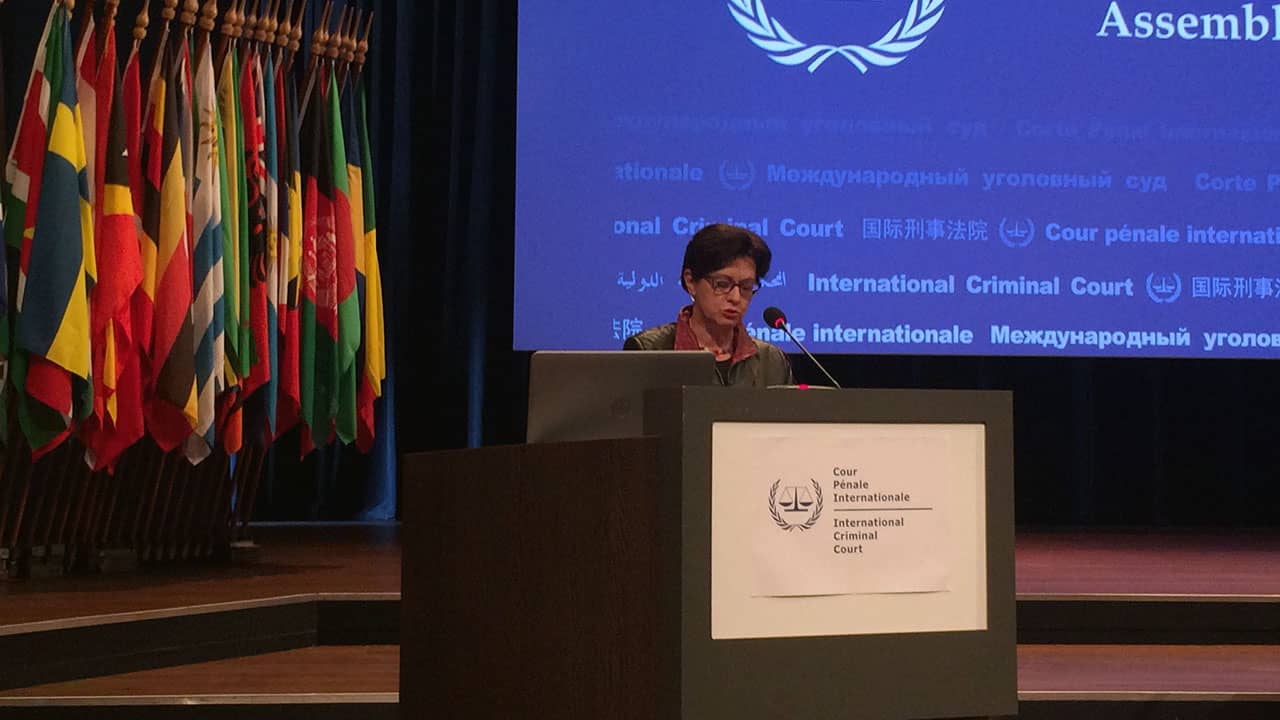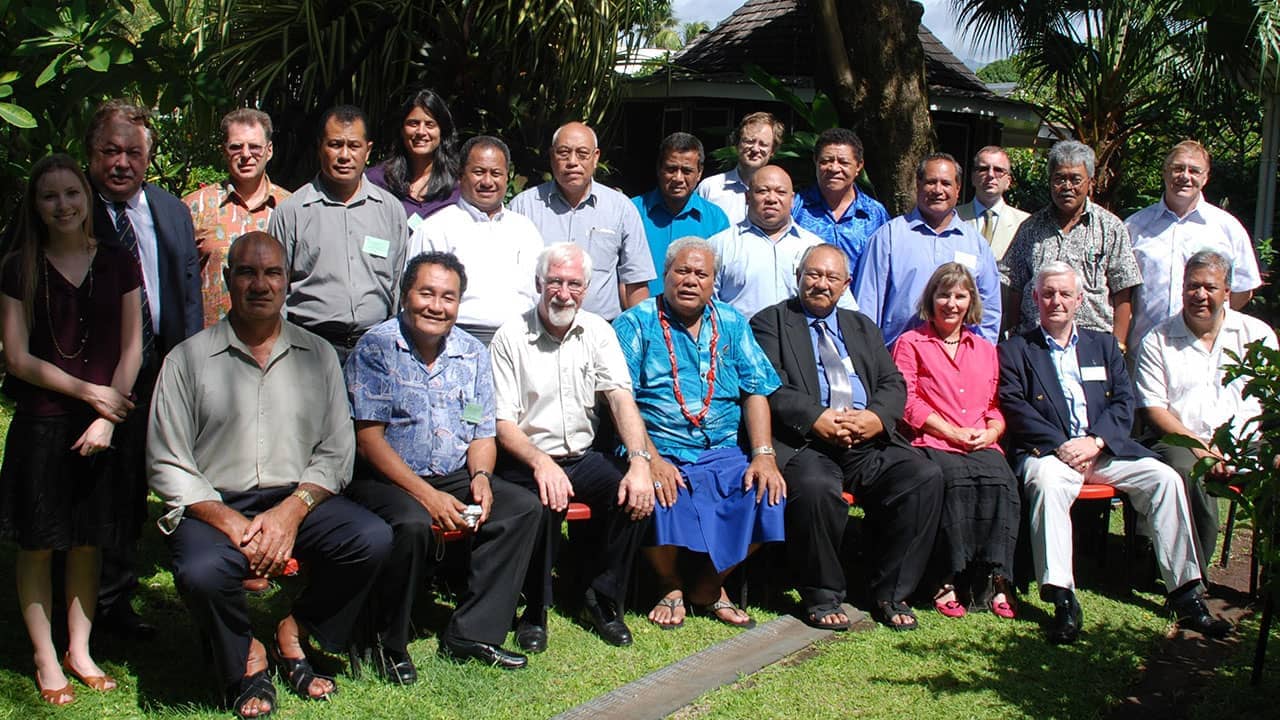Government type:
Constitutional Monarchy. Tonga is a member of the Commonwealth of Nations
Objective:
Accession to the Rome Statute
Status
-
Rome Statute: not signed or acceded
-
APIC: not signed or acceded
-
Amendments to the RS: none
-
Bilateral Non-Surrender Agreement with the US: signed on 21 March 2003; entered into force 24 March 2004
Background:
At the 2008 UPR Tonga rejected a recommendation from Italy to accede to the Statute answering that “The death penalty remains the ultimate criminal sanction lawfully available to the State and has only been imposed in the most heinous of cases some 26 years ago. The current determination for constitutional and political reform and the consideration of other international human rights instruments may offer further opportunities for discussion and debate on this issue.”
As reported confidentially by the ICC Presidency, at a bilateral meeting held between ICC President Song and Tonga’s Solicitor General Aminiasi Kefu in Sydney in July 2011, in the margins of the Commonwealth Meeting of Law Ministers, Mr. Kefu indicated the importance of US relations with Tonga, but said that the ICC could be promoted as part of a wider review of criminal law. Following that meeting, Tonga’s Solicitor-General prepared a cabinet submission, resulting in a Cabinet decision in November 2011 directing the Crown Law Office to provide a policy paper on becoming a party to the Rome Statute and adopting implementing legislation.
On 16 February 2012, an ICC Pacific Outreach Roundtable was convened in Sydney by the Government of Australia, the Government of New Zealand, and the Commonwealth Secretariat, to discuss issues relating to the accession of Pacific States to the Rome Statute and the implementation of the Statute into domestic law. At the meeting, the representative of Tonga, Mr. Sione Sisifa, noted the government’s intention to become a State Party to the Rome Statute and reported that a RS accession bill based on the policy paper being developed subsequent to the 2011 Commonwealth meeting had been filed for deliberation and approval by the Parliament.
On the issue of technical and other forms of assistance, Tonga suggested that it be channeled through one or two fora (e.g. Pacific Islands Forum, New Zealand, or the Commonwealth) in order for small island states such as theirs to engage with ICC matters in a more streamlined manner. The AG also asked about the possibility of ICC fees being waived for smaller island states, which would serve as an incentive to prioritizing the ICC especially to those who do not have particular reservations with signing or acceding to the Rome Statute and Kampala Amendments.
An accession bill had been ready for submission to Parliament, but following a vote of no confidence in the Parliament in August 2012, the process was put on hold.
During the 15th session of the UPR in January 2013, Tonga accepted five recommendations to accede to the Rome Statute (made by Costa Rica and France); and fully align its national legislation with the Rome Statute (made by Latvia); and to accede to the APIC (made by Estonia and Slovakia).
Tonga was among the beneficiaries of the PIFS-EU Ratification and Implementation of Human Rights Treaties Project (2012-2015), funded by the EU through the Pacific Islands Forum Secretariat (PIFS). The project facilitated assistance to small Pacific island countries that have a limited human capacity and financial resources to ratify and report on international norms and standard, including accession to the Rome Statute.
Potential Obstacles
In March 2014, at a workshop held in New Zealand, entitled “Workshop for the Universality of the Rome Statute of the ICC and the Kampala Amendments on the Crime of Aggression in the Pacific Region,” the Attorney General of Tonga shared that there are two obstacles it faces with regards to signing the Rome Statute. Firstly, there is issue of no immunity for Heads of State; and secondly, the BNSA signed with the US. State authorities stated that the Foreign Affairs department of Tonga needs clarification and assurance from the US that moving forward with the ICC will not be an issue.
Thirdly, the required absence of death penalty in the Rome Statute and the national prerogative to apply it might be a source of confusion and opposition to the Statute.
PGA Activities
In March 2008, Hon. Havea Tu’iha’ateiho, MP attended PGA’s Workshop in Apia, Samoa, on “Enhancing Good Governance and the Rule of Law in the Pacific Islands- The Role of Parliamentarians” where a panel was devoted to the ICC. Hon. Tu’iha’ateiho demonstrated general support for RS accession.
In 2012, The Speaker of the Tongan Parliament and the Chair of the Committee of the Whole of Parliament attended the 7th CAP ICC organized by PGA in the Italian Parliament. He demonstrated great interest during the visit, through which his delegation had the opportunity to meet with the Presidents of the ICC and ASP. During the meeting, the Tongan representatives confirmed to PGA officers that the Government is working towards accession to the RS.
In 2013, Hon. Pohiva, MP, a PGA Member (opposition), pledged for accession to the RS at the PGA Annual Forum in Colombia[1] and promised to follow up on past declarations of the Government of Tonga in support of accession and to report on progress to PGA.
In October 2015, PGA delivered a complete technical assistance package on accession of the amended Rome Statute to the then new Prime Minister Tohiva at his visit to PGA HQ in New York. Since then, Hon. Tohiva did not react to follow up enquiries made by the PGA team. At the moment, there is no information on the PM ever moving forward on this.
In September 2016, a PGA Member from Tonga (Member of the Legislative Committee) met with the Secretariat in New York and promised to follow-up on the accession instruments provided for by PGA to the PM in 2015, which were resubmitted to this MP.
[1] In February 2017, the Tongan Parliament rejected the Motion for a vote of no confidence in the Prime Minister Hon. 'Akilisi Pohiva.







